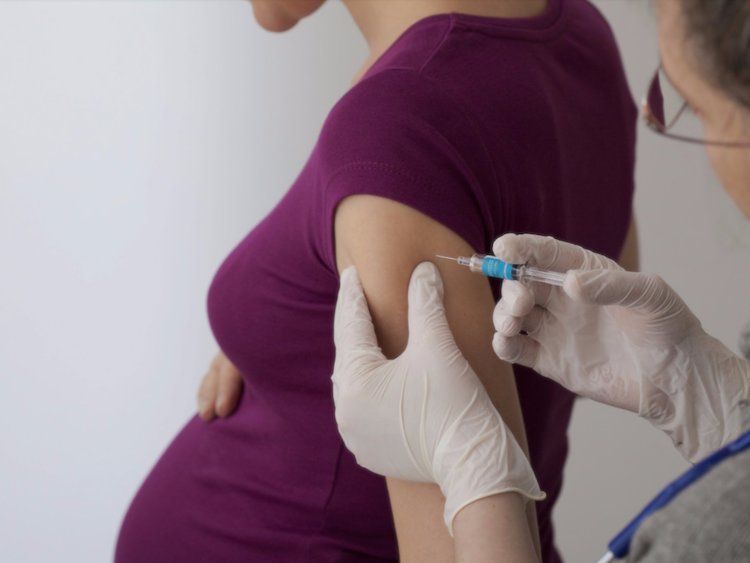 English
English

Mothers-to-be, take note! According to a study, pregnant women are at greater risk of complications from flu

Washington DC: Mothers-to-be, take note! According to a study, pregnant women are at greater risk of complications fromThe findings, published in the journal Clinical Infectious Diseases, also stated that even extremely people are at high risk of the complications.

The guidelines released by the Infectious Diseases Society of America (IDSA) recommend using newer and highly accurate molecular tests that deliver results in 15-60 minutes instead of rapid-in diagnostic tests (RIDTs), which produce quick results but can be falsely negative in at least 30 percent of outpatients with in While antiviral treatment is recommended within two days after the start of symptoms in people who aren't at high risk for complications, the guidelines note they should be prescribed to those at high risk even if they have been sick for more than two days.
Also Read: Are today 's children reaching bone maturity earlier
People who are extremely have a body mass index (BMI) of 40 or more. Others in the high-risk category include: young children (especially those younger than 2 years old); women who have recently given birth; those with a weakened immune system due to disease or medication (such as people with HIV or AIDS, cancer, who have had an organ transplant or who are on chronic steroids); people younger than 19 years old who are receiving long-term aspirin therapy; those with chronic medical conditions including asthma, neurological or neurodevelopmental disorders (such as cerebral palsy, epilepsy and stroke), heart or lung disease, kidney, liver or metabolic disorders; and nursing home residents; American Indians and native Alaskans.
Also Read: Heart attack risk towers around Christmas Eve
"It can be serious, especially for the sizable group of people at high risk," said Timothy M. Uyeki, co-chair of the guidelines committee and chief medical officer of the In Division of the National Center for Immunization and Respiratory Diseases at the Centers for Disease Control and Prevention (CDC). "Annual in vaccination is the best way to prevent in but it is not 100 percent effective. Those at high risk need to be encouraged to seek medical care right away if they develop in symptoms during in season.
Typical signs and symptoms include fever, cough, muscle aches, chills, runny nose and sore throat. Other symptoms can include headache and chest pain.

The guidelines note antiviral treatment should be started immediately in people at high risk of complications who are being admitted to the hospital with suspected in without waiting for the results of molecular intesting. I testing is important because physicians are more likely to treat patients with antiviral medications if they have a definitive diagnosis, further reducing the likelihood of prescribing antibiotics inappropriately, especially in outpatients.
If people at high risk become seriously ill with in health care providers should turn to infectious diseases (ID) doctors to provide expertise, the guidelines note. (ANI)
No related posts found.